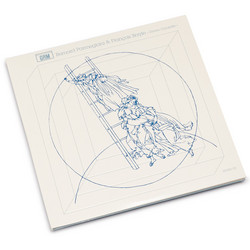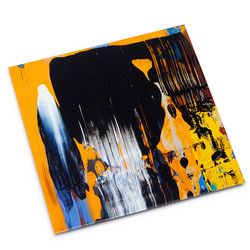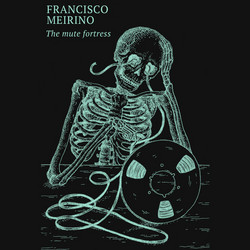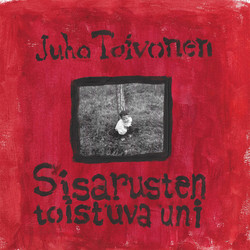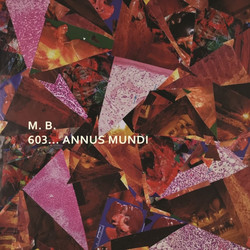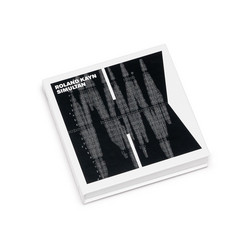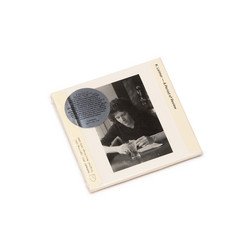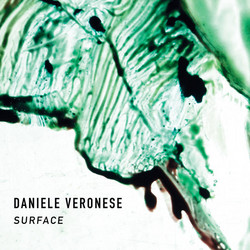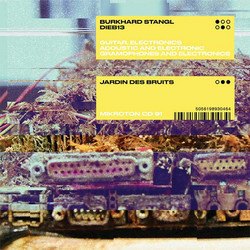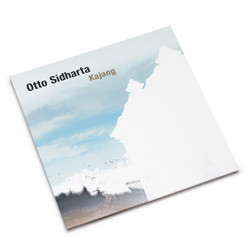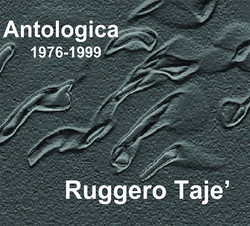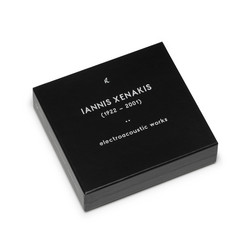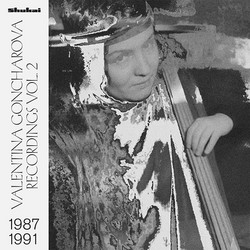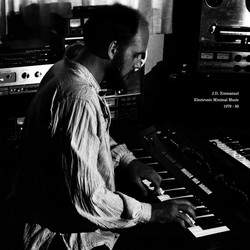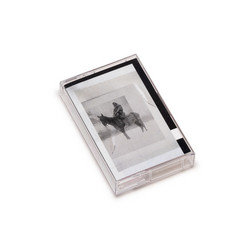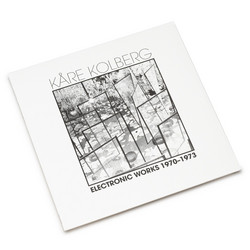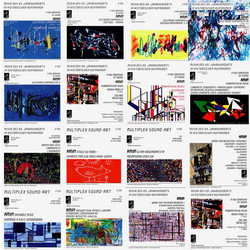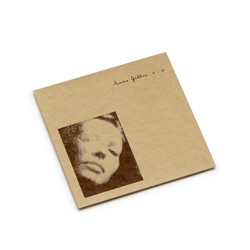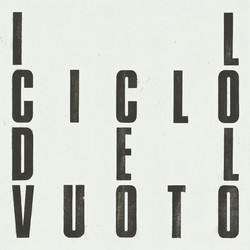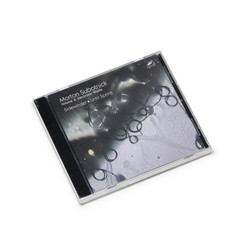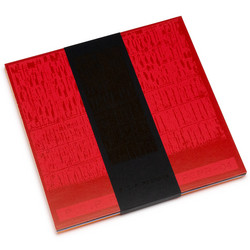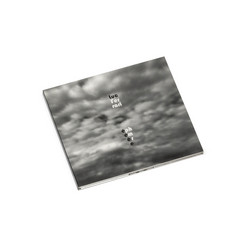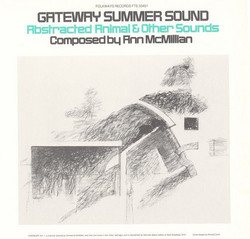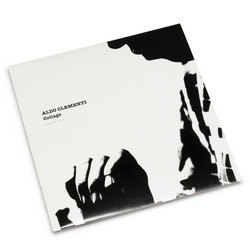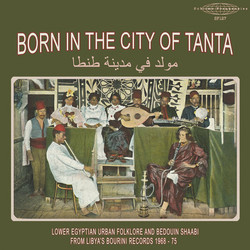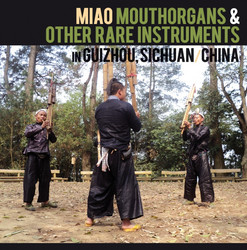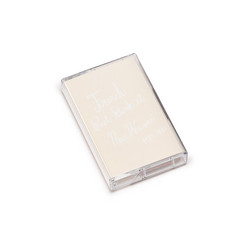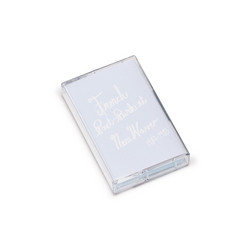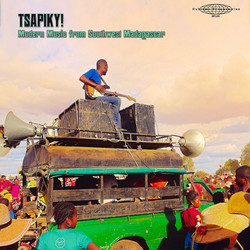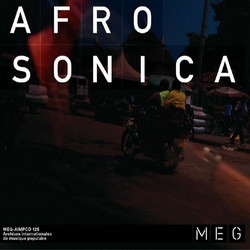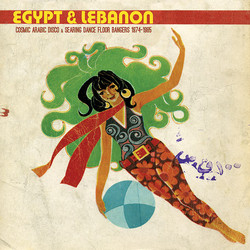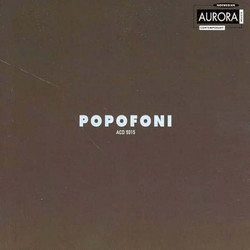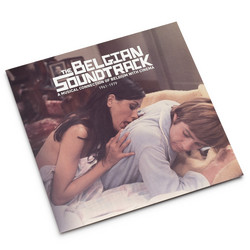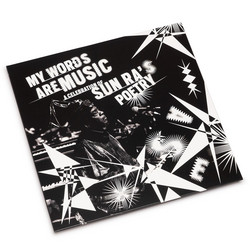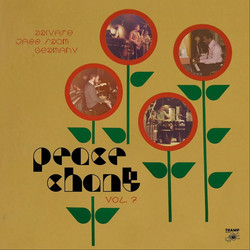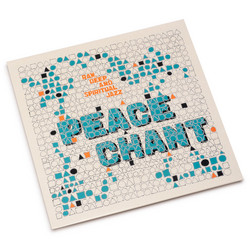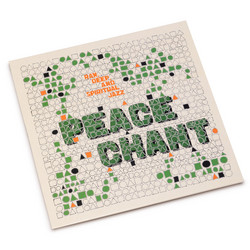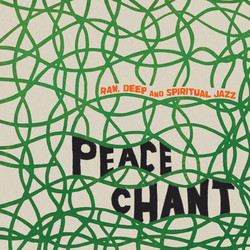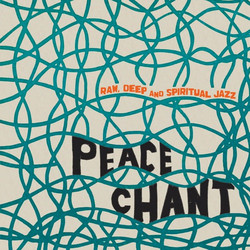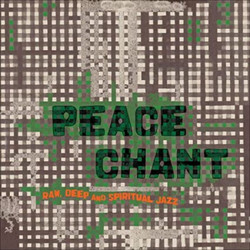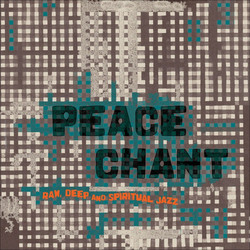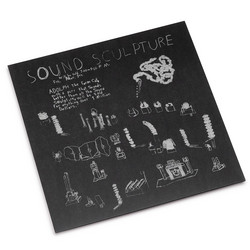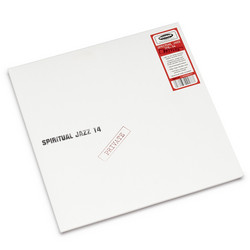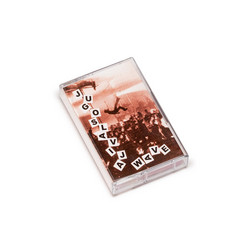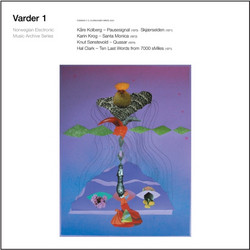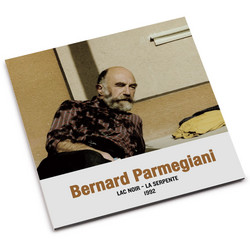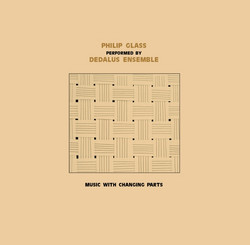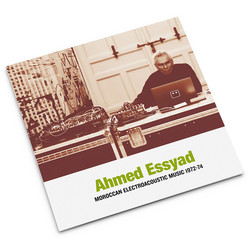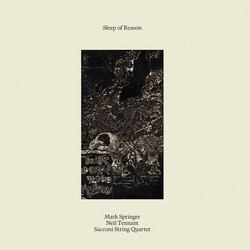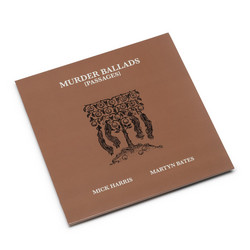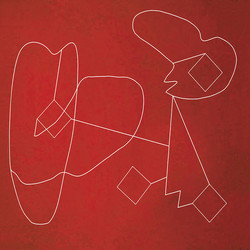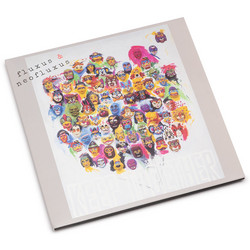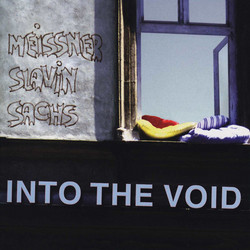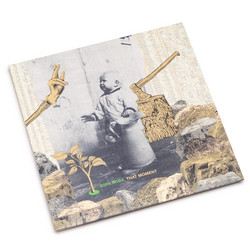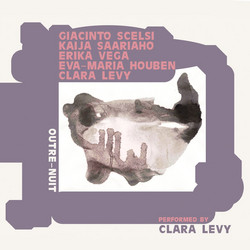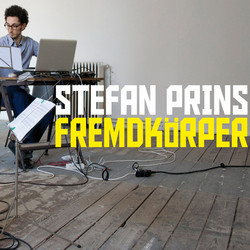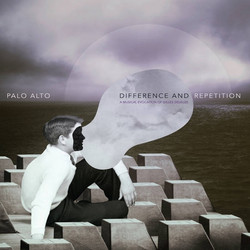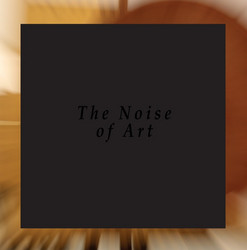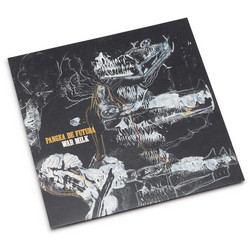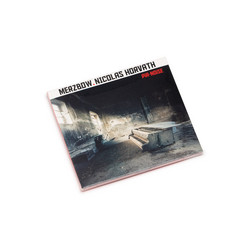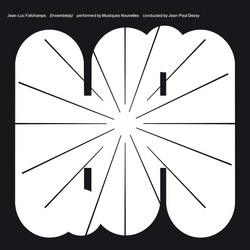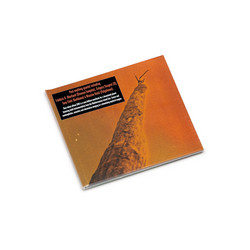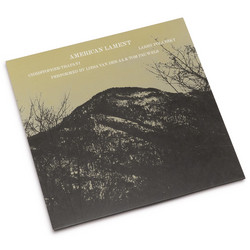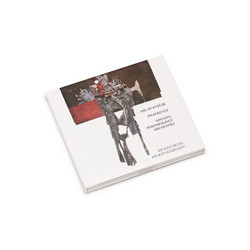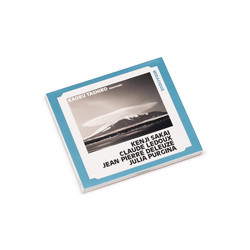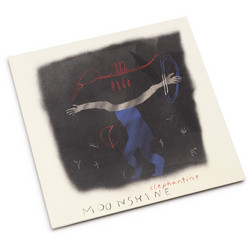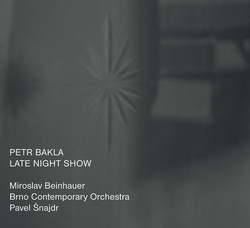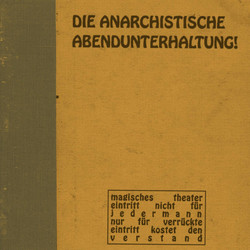This is a collection of electronic works composed between 1959 and 1969 at the Institute for Sonology in Utrecht, Holland. Once again, Sub Rosa offers a chance to reflect upon a rare lineage of electronic music's origins, a revolution of the fifties and sixties when an art form was emerging without a base -- ex nihilo -- a new music produced by machines designed to construct the new. Utrecht University's large complex of studios that comprised the Philips laboratories housed an extensive collection of early electronic instruments and tapes. The Institute for Sonology was officially established in 1960, its founding instigated by academic and cultural initiatives in the field of electroacoustic music that had already begun years before -- among them, Edgar Varèse's construction of his famous "Poeme Electronique," presented at the Philips Pavillon at the 1958 World's Fair in Brussels. Comprised of the most basic components -- oscillators, filters, and tapes -- listening to these songs today offers rare insight into an important period in early electronic music, a cross section of primitivism and futurism. This collection features work by early Dutch electronic music pioneers Dick Raaymakers, Frits Weiland, Ton Bruynel, Konrad Boehmer, Gottfried Michael Koenig and Rainer Riehn.
Notes on 5 radical composers
Ton Bruyneel
(1934-1999)
The realisation of 'Reflexen' took place at the Institute for Sonology and in the
composer's private studio. Brunèl has written numerous works for tape and for
tape and live instrumentalist.
Gottfried Michael Koenig
(1926- )
He studied church music in Braunschweig and composition in Detmold. From 1954
to 1963 he worked at the famous studio for electronic music of the West German
Radio (WDR) in Cologne. From 1964 to 1984, he was the artistic director of the
Institute for Sonology. Koenig is one of the pioneering composers of electronic
and computer music of the first generation of post-WW2 composers.
Dick Raaijmakers
(1930-2013)
Born in Maastricht, he studied piano at the Royal Conservatory in The Hague.
From 1957 to 1960 he joined the Studio for electronic music at Philips in Eindhoven.
Rainer Riehn
(1941-2015)
Born in Danzig. In 1960, he studied composition under Johannes Aschenbrenner and
then (until 1963) at the Robert-Schumann Conservatory in Dusseldorf. Until 1966
he studied music in Mainz, Zurich and Berlin. In 1965-66, he participated in courses
on electronic music in Utrecht under the direction of G. M. Koenig.
Frits Weiland
(1933- )
He enjoyed a technical as well as a musical education. After working for the Dutch
Radio and television broadcasting system, he worked from 1961 to 1990 for the
Institute for Sonology.
Konrad Boehmer
(1941-2014)
Born in Berlin.From 1959 to 1961 he studied composition under Godfried Michael
Koenig. In addition, he studied philosophy, sociology and music at the University
of Cologne. From 1961 to 1963, he worked in the electronic studio of the
Cologne Radio (WDR) where one of his creations was 'Position' for tape,
voice and orchestra.
